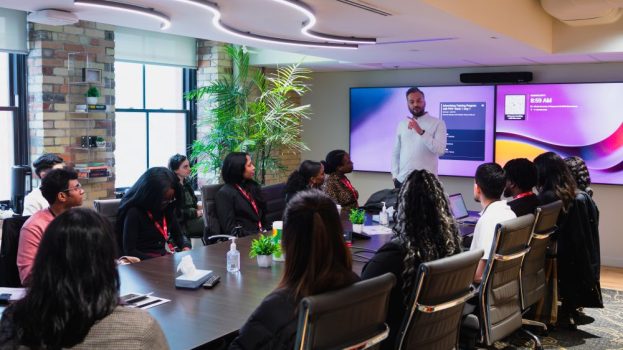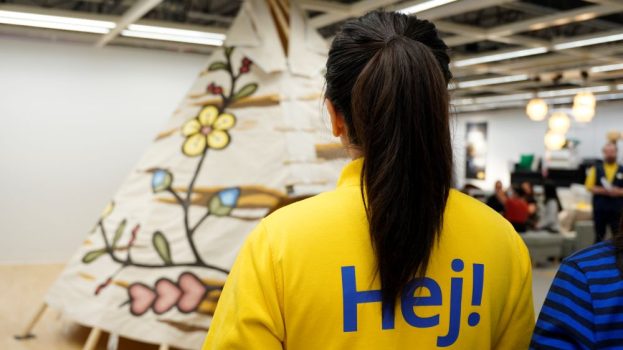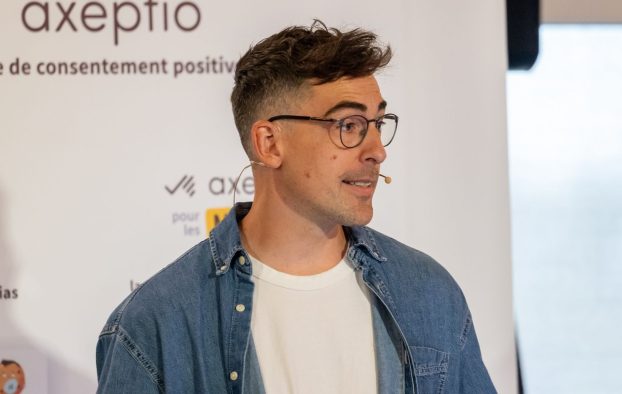 This story originally appeared in the Summer 2021 issue of strategy.
This story originally appeared in the Summer 2021 issue of strategy.
Ironically, as we were putting this issue to bed, Cannes Lions was being given a very public dressing-down by Abraham Abbi Asefaw.
“I have now been removed as a Dean at the Cannes Lions School. Making the list of Deans all white. Yes, even the Roger Hatchuel Academy, the most diverse place at Cannes Lions,” he wrote on a blog in May after his initial Twitter post spread like wildfire. The Hyper Island lecturer said he had suggested a shortlist of other BIPOC experts to replace him with – an offer that received crickets for eight, whole, months.
In that moment, Asefaw’s call to “hold Cannes Lions responsible for creating change not only in their content but deep within the organisation” tellingly illustrated the concerns of some marketers, advertisers and experts we spoke with for this issue.
Many believe that some public promises to be more diverse, equitable and inclusive do not line up with what’s happening internally at a company. Unless there is an ingrained commitment to the cause, the truth of performative actions will always come out.
There is greater risk in being called out for window-dressing than there is of taking the time to create an honest-to-goodness action plan. That’s why Dave Hale of Ottawa-based Craft&Crew chose not to share a public message of support for #BlackLivesMatter in the wake of the 2020 protests – even though he’s a bi-racial man and co-founder of a minority-owned shop. He says that corporate solidarity statements for racial equality are fundamentally performative unless the company was actively supportive before it became a sensation.
Hale is the first to admit that his company did nothing to support these issues in the past, which is why he’s pointing his resources internally before communicating them externally. (His mantra is “think, do, say,” which he adopted from Church+State’s Ron Tite.)
Our reporting of the industry’s tangible efforts to address the issue of racial inequality one year after George Floyd’s murder only scratches the surface. And in no way is it reflective of DEI progress across the board. In fact, only 39% of those who felt the industry had attempted to address systemic racism in a recent strategy survey said they were satisfied with its progress so far. So there’s still a long way to go.
We likely won’t witness the complete shift to equitable workplaces in our lifetime as the world slowly unravels a generational legacy of racial and social injustice. But perhaps we’ll see the day when companies that have nothing genuine to say about their actions, say nothing at all.






















